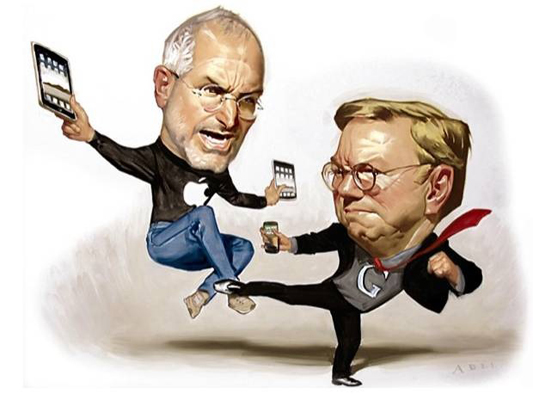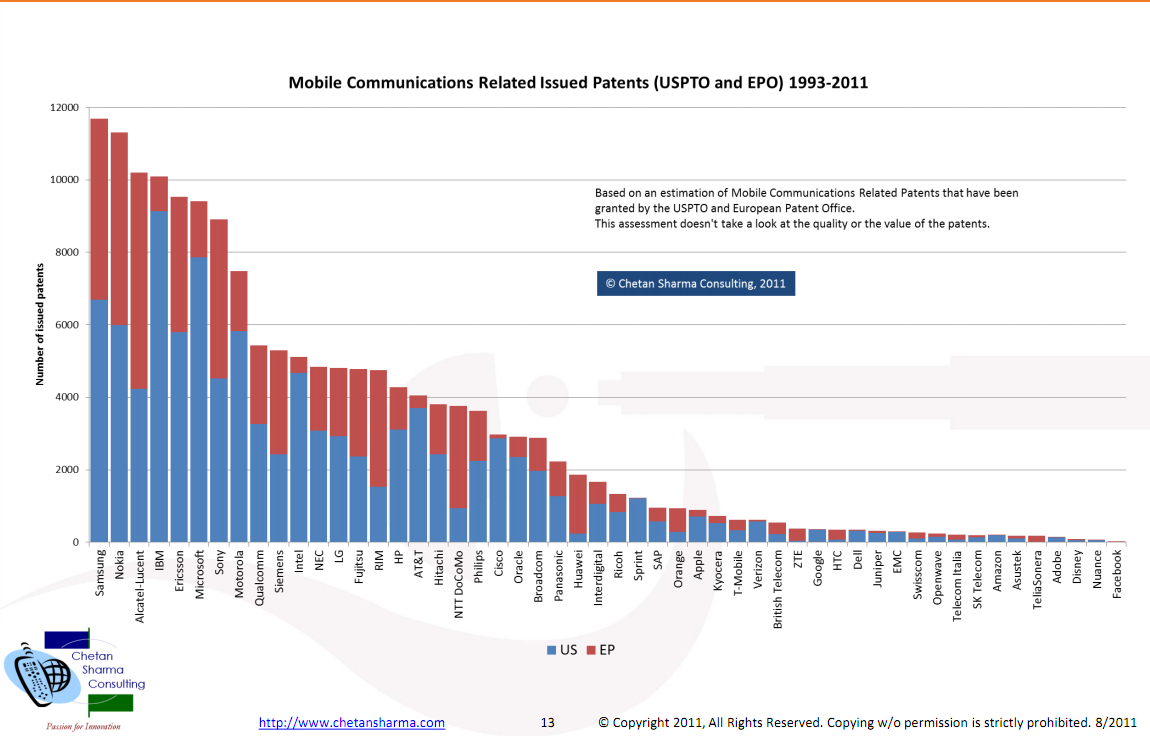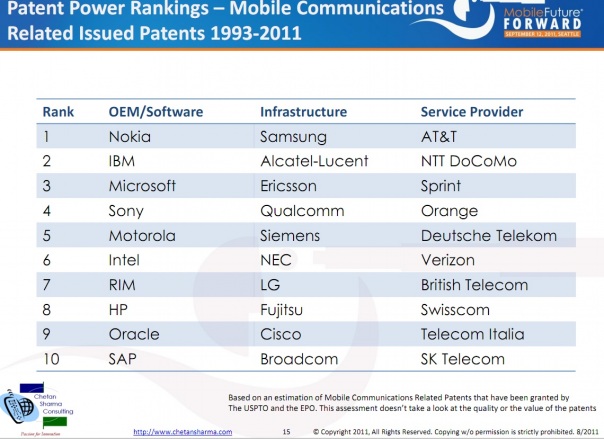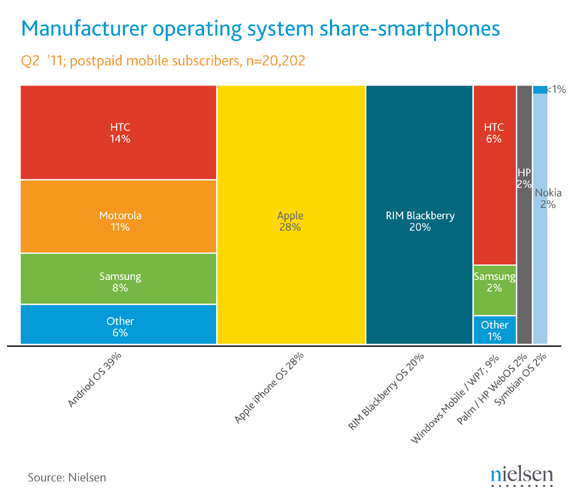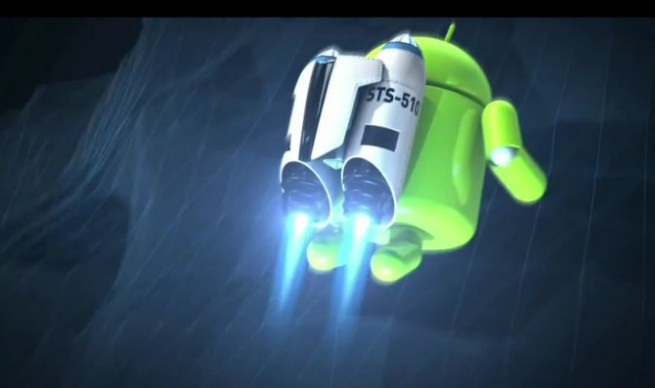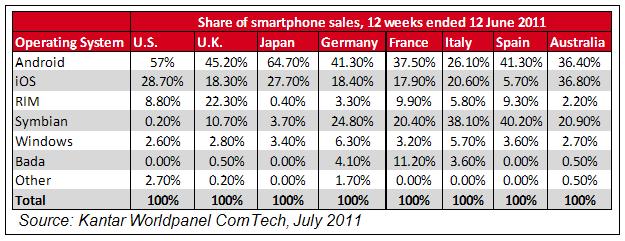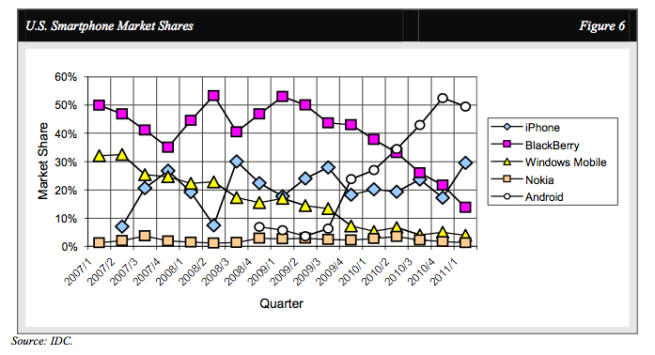Judge: Apple should reveal iPad 2 sales data to support Galaxy tablet sales ban in Australia


The latest in the ongoing legal dispute between Apple and its key components supplier, Samsung, comes via Bloomberg which reported this morning that Apple may be pushed into revealing iPad 2 sales numbers in England and America if the company is to increase chances of the Samsung Galaxy Tab 10.1 blockage in Australia:
Apple Inc. may have to reveal iPad and iPad 2 sales figures in the U.K. and U.S. to improve its chances of barring Samsung Electronics Co. from selling the Galaxy 10.1 tablet computer in Australia, a judge said. Apple’s claim that the Samsung tablet’s release in Australia will hurt iPad sales may carry little weight if it doesn’t provide the numbers, Federal Court Justice Annabelle Bennett said in Sydney Federal Court today. ‘Unless Apple puts on evidence showing the impact in the U.S. or U.K., I can’t draw any positive assumptions,’ Bennett said.
Apple sought an injunction on Samsung’s tablet in Australia until the patent spat is resolved. Apple is claiming that the obvious similarities between Samsung’s family of Galaxy smartphones and tablets are hurting their sales. Apple in prior court documents referred to Samsung as the “copyist”. Recently, Samsung in America asserted Apple ripped off the iPad design from the Stanley Kubrick 1969 film “2001: A Space Odyssey” to argue Apple’s patents should be invalidated under prior art. Judge Bennett would leave it up to Apple to determine whether or not it would be willing to provide court with sales figures. Whichever way you look at it, that’s an interesting twist in this litigation…
